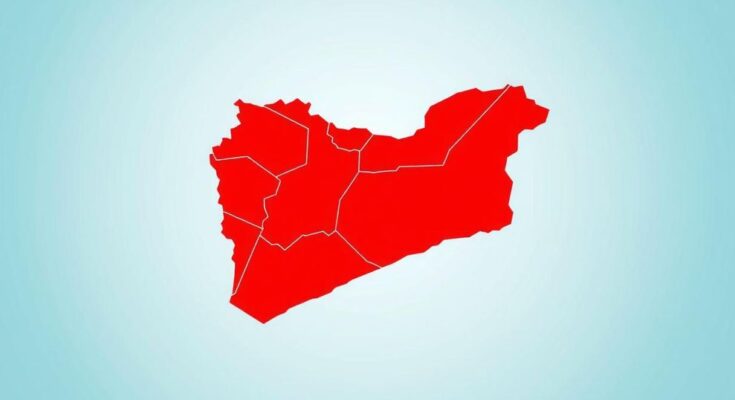The Trump administration is considering a travel ban affecting 41 countries, including Libya, listed on a “red list” due to security vulnerabilities. This proposal requires approval from senior officials before implementation and echoes previous bans enacted during the administration’s first term.
The administration of President Donald Trump is contemplating a new travel ban strategy that would affect citizens of 41 nations. Among these, Libya has been designated for a complete visa suspension as part of a “red list” of countries perceived to have “serious security vulnerabilities,” as indicated by an internal memorandum and corroborated by various sources, including Reuters.
The compilation of the “red list” comprises Afghanistan, Bhutan, Cuba, Iran, Libya, North Korea, Somalia, Sudan, Syria, Venezuela, and Yemen. Citizens from these nations would be barred from entering the United States entirely, signifying a stringent approach to immigration control.
This proposed ban is intended to bolster U.S. national security by urging these listed countries to engage more collaboratively with Washington on key areas such as intelligence sharing and border control efforts.
Prior to its implementation, the new plan must receive endorsement from high-ranking officials within the administration, including U.S. Secretary of State Marco Rubio.
This initiative mirrors the earlier travel ban enacted during Trump’s first term in 2017, which predominantly affected several Muslim-majority countries, including Libya, and ultimately received validation from the U.S. Supreme Court in 2018.
In conclusion, the Trump administration’s proposed travel ban, which targets Libya among other nations, is rooted in enhancing national security through increased cooperation with countries deemed to have significant security threats. This development reflects a continuation of previous policies aimed at restricting entry based on perceived vulnerabilities. The success of the proposal hinges on the necessary approvals from key government officials.
Original Source: libyaobserver.ly




